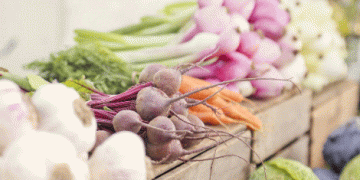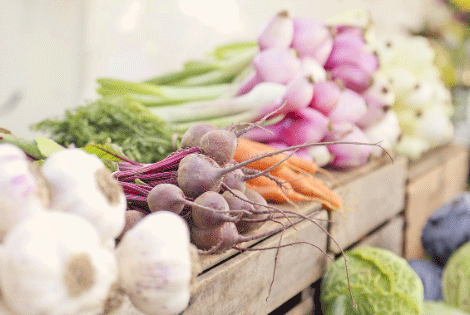Austria has long been a leader in organic agriculture, consistently ranking among the top countries globally for both organic production and consumption. In 2022, organic sales reached a record high of $2.94 billion (€2.69 billion) and maintained this elevated level throughout 2023, despite economic challenges such as high inflation and increased living costs.
Consumer commitment to organic products remains robust. In 2024, Austrian households increased their purchases of fresh organic food by 5.5%, totaling a record 260,600 tonnes.
This upward trend is further evidenced by a 1.8% increase in organic sales during the first half of 2024.
The structural foundation of Austria’s organic sector is equally impressive. As of 2023, approximately 27.4% of the nation’s agricultural land is managed organically, positioning Austria at the forefront within the European Union. This achievement is supported by around 24,450 organic enterprises, accounting for 23.1% of all agricultural businesses in the country.
Despite these positive developments, the organic sector faces challenges. Since 2022, approximately 1,000 organic farms have transitioned away from organic practices due to various factors. To address this, Bio Austria Chairwoman Barbara Riegler emphasizes the necessity of an ambitious governmental action plan to bolster organic agriculture. Such a plan would aim to support existing organic farms and encourage new ones to adopt sustainable practices, ensuring the growing consumer demand is met.
On a broader scale, the European Union has set a target to have 25% of its agricultural land farmed organically by 2030, a significant increase from the 10.5% recorded in 2022.
Austria’s current organic land share not only surpasses this goal but also serves as a model for other member states.
Austria’s organic agriculture sector demonstrates resilience and growth, driven by strong consumer demand and a substantial commitment to organic farming practices. To sustain and enhance this momentum, strategic political support and targeted measures are essential. Such initiatives will ensure that Austria continues to lead in organic agriculture, meeting both national and international sustainability objectives.































